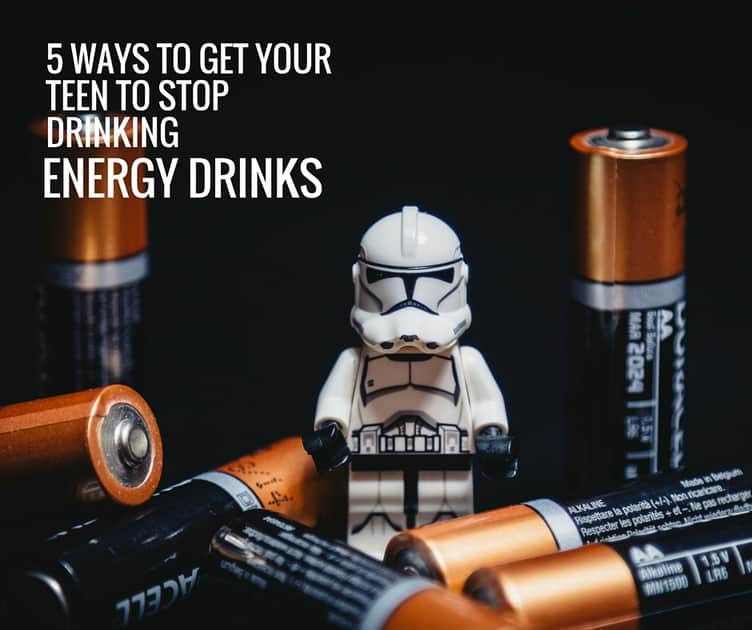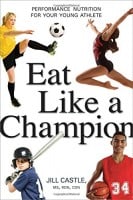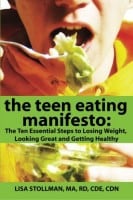
Are you concerned that your teenage son or daughter is drinking too many energy drinks? Between 30% and 50% of young adults say that they regularly consume these high-caffeine, high-sugar beverages. With health effects of energy drinks ranging from heart palpitations to dental decay, parents need sensible strategies to help their teens cut back.
- Help them to make an informed choice. Teens often react negatively to an outright ban. For most teenagers, being forbidden to do something without good reason only makes it more attractive. Talk to them about why you want them to cut down on energy drinks. Explain the health risks; you need to make a good case for why you want them to reduce their consumption. Use examples they can relate to. Telling them “I read an article in a magazine about caffeine” is a lot less effective than “Last Friday you and your friends drank Monster all night, and on Saturday, you complained all afternoon about how bad you were feeling.”
- Appeal to self-interest. Teens naturally tend to think of themselves: their appearance, their future, their social standing. They worry about their looks, or what others will think of them. You can take advantage of this normal self-obsession. Tell them that too much caffeine can produce bowel irritability or panic attacks. Energy drink manufacturers try to make their products seem “cool”; there’s nothing cool about spending the party locked in the bathroom or crying in the corner.
- Use peer pressure. Energy drink advertisers use peer pressure to sell their products. Nobody in their ads is alone; drinks are associated with music or sporting activities that teens will attend as part of a group. You too can use peer pressure. Get together with other parents to talk about your teens’ consumption of energy drinks. If their peers are cutting down, your son or daughter is more likely to follow suit. Not many teenagers want to be different from the group, and it only takes a few people to create a tipping point.
- Be prepared for arguments. You may be told, “You never complained when I drank Gatorade.” Remember that there’s a big difference between a sports drink and an energy drink. Sports drinks replace lost fluid and minerals; energy drinks can actually lead to dehydration (iahsaa.org/Sports_Medicine_Wellness/Nutrition/Energy_Drinks.pdf). Your teen may say that “Nobody ever died from drinking energy drinks.” The Canadian Journal of Cardiology (onlinecjc.ca/article/S0828-282X(14)01667-5/fulltext) reports that energy drinks are implicated in several deaths. “The ingredients are all good for you”: the simple fact is although guarana or taurine aren’t bad in small quantities, there is little clinical evidence for the long-term effects of consuming large amounts. And if you’re told that energy drinks contain less caffeine than your regular Starbucks, remember to point out that you don’t add seven teaspoons of sugar to your coffee. You don’t then pour in some other chemicals that enhance the effect of the caffeine. You don’t chill it so you can drink it faster and you don’t follow it with another three of the same.
- Provide alternatives. This is probably the simplest way to get your teen to reduce energy drink consumption. Make sure that the refrigerator contains plenty of fruit juice, vitamin water or iced tea. When you explain to your teens why you want them to cut back on energy drinks, make sure that you ask them what alternative drinks they’d like. For teenagers, something that they’ve chosen is much more attractive than something they’ve had forced upon them.
Remember that you’re unlikely to get teens to give up energy drinks altogether, but you can persuade or influence them to make a decision to cut down. If they can make that decision and find alternative drinks, you’ll have helped them to make an important step to a healthier life.
On The Web:
Kids Should Not Consume Energy Drinks, and Rarely Need Sports Drinks, Says AAP
Energy Drinks Pose Health Risks to Adolescents


Reader Review: I think the author has a ton of really great info in there that everyone should know! The recipes at the end were pretty cool and didn’t seem too hard- I actually think I might try out the vegetarian chili soon! And I also really appreciated that she had a whole section on vegetarian and vegan foods because a lot of people in that age group (myself included) are definitely trying to do something like that, so it was cool to see a whole section dedicated on that. I think that this may be a great resource for schools to have in counselors office’s or nurse’s clinics. I feel like teenagers might suck at thinking about their health, so it may be hard to get teens to want to read this, but if they’re talking to their counselor or their nurse about it, the nurse could suggest a chapter that they could read super quick because the chapters are pretty manageable.


